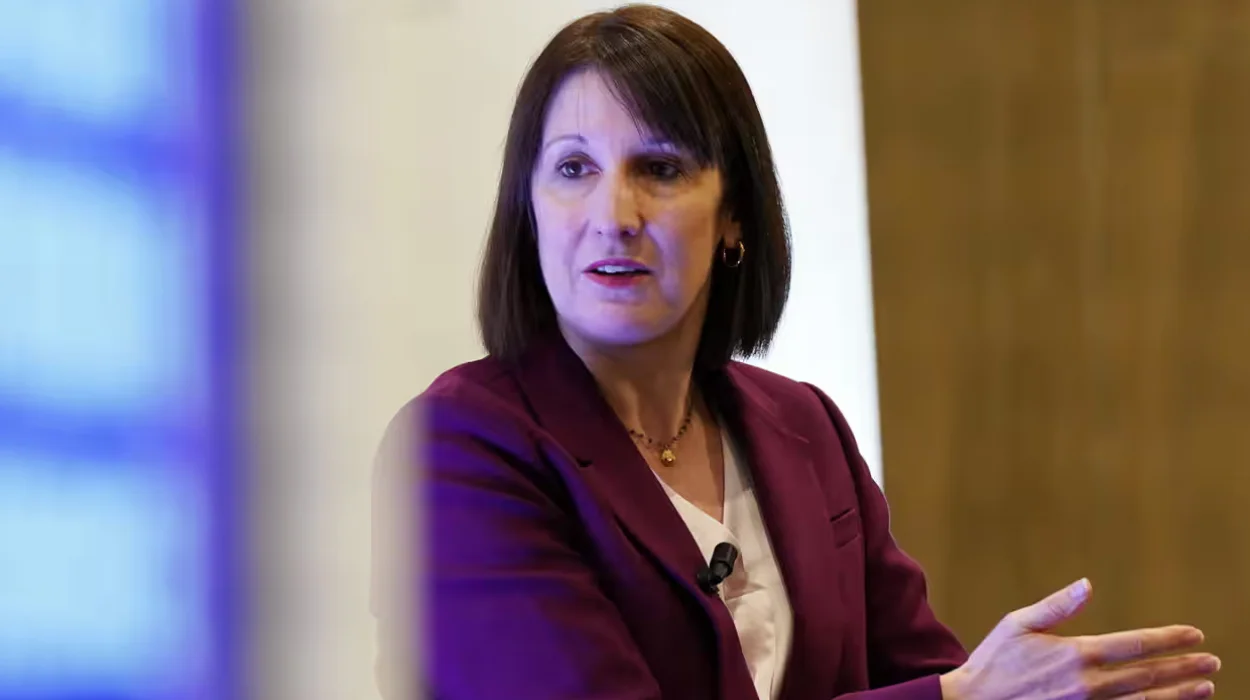London (Parliament Politics Magazine) – The OECD has warned that UK interest rates will fall at a slower pace due to higher public spending and tax increases in the autumn budget, with GDP growth projected to improve and inflation surpassing earlier predictions.
According to the new report, UK interest rates are expected to drop more slowly than expected as a result of the tax hikes, spending increases, and borrowing announced in Chancellor Rachel Reeve’s budget.
The Organisation for Economic Co-operation and Development (OECD) annual economic survey reveals that UK inflation will exceed previous predictions in the next year, with growth projections driven by the budget’s impact.
The OECD also warned that “risks and uncertainties are high” for the global economy, though it added that it would “remain resilient” in coming years.
The organisation stated that the global economy will grow by 3.2% this year and 3.3% next year.
The revised figures show a little improvement over the 3.1% and 3.2% predictions from the September interim report.
While Britain’s gross domestic product (GDP) is expected to increase by 0.9% this year.
The forecast has been downgraded from 1.1%, as recent data from the Office for National Statistics (ONS) revealed just 0.1% growth in the third quarter.
The report from the OECD added, “But momentum is positive nevertheless, with retail sales on an upward trend since early 2024.”
It forecasted that GDP growth will strengthen to 1.7 per cent next year as it is “boosted by the large increase in public expenditure set out in the autumn budget.” This will then slow to 1.3% in 2026.
The OECD had initially forecast 1.2 per cent GDP growth for the upcoming year.
Chancellor Rachel Reeves revealed in October plans for an extra £70 billion in public spending, funded through higher taxes and increased borrowing.
On Wednesday, the OECD projected that interest rates, currently at 4.75%, will decrease to 3.5% by early 2026.
The organisation pointed out that higher consumption, influenced by the autumn buffer, would lead to a smaller drop than initially anticipated.
The report added, “Fiscal policy will be tightening over 2024-26, though by less than expected, with significant fiscal loosening in the tax, spending, and borrowing package announced at the autumn budget.”
The OECD attributed this to inflation exceeding expectations, predicting a headline inflation rate of 2.7% next year. Previously, it had predicted inflation to be 2.4% for the year.
By 2026, inflation is forecast to drop by 2.3%, remaining above the Bank of England’s 2% target.
Chancellor Rachel Reeves said, “Growth is our number one priority, and the OECD upgrade will mean the UK is the fastest growing European economy in the G7 over the next three years. That is only the start. Growth only matters if it’s matched by more money in people’s pockets.”
She added, “This government will get our economy growing, with our national wealth fund, reforming the remits of our regulators and pension mega funds to attract better investment, as well as reforming our planning laws – all so that we can rebuild Britain for good.”


